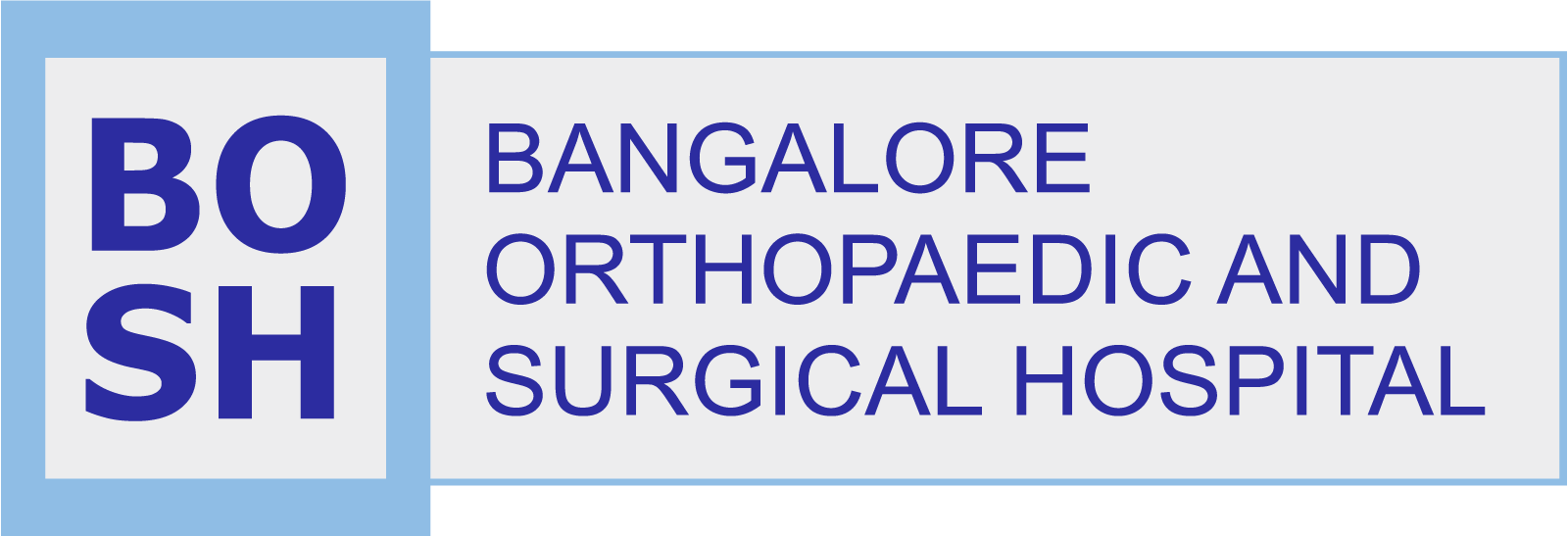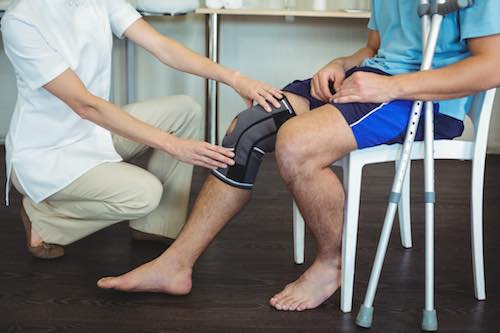Orthopedic health is crucial for maintaining mobility, strength, and overall quality of life. Many musculoskeletal conditions develop gradually, often showing subtle symptoms before becoming severe. Early detection of orthopedic issues can prevent complications, reduce the need for invasive treatments, and improve long-term outcomes. At Bangalore Orthopaedic and Surgical Hospital (BOSH), we emphasize timely diagnosis and intervention to ensure optimal musculoskeletal health.
The Importance of Early Detection
Identifying orthopedic conditions in their early stages offers several key benefits:
- Prevention of Disease Progression – Conditions like arthritis, osteoporosis, and spinal disorders worsen over time if left untreated. Early diagnosis allows for effective management and slows disease progression.
- Reduced Need for Surgery – Many orthopedic conditions can be treated with physical therapy, medications, and lifestyle modifications when detected early, avoiding the need for surgical intervention.
- Faster and More Effective Treatment – Early intervention leads to quicker recovery, as mild conditions respond better to treatment than advanced ones.
- Minimized Pain and Discomfort – Addressing orthopedic problems at an early stage can prevent chronic pain, stiffness, and reduced mobility.
- Enhanced Quality of Life – Maintaining joint and bone health through early diagnosis ensures an active and pain-free lifestyle.
Common Orthopedic Issues That Benefit from Early Detection
Several orthopedic conditions can be managed more effectively when diagnosed early, including:
- Osteoarthritis – Early management with physiotherapy and lifestyle changes can slow cartilage degeneration.
- Osteoporosis – Bone density tests can help detect weak bones before fractures occur.
- Spinal Disorders – Conditions like herniated discs and scoliosis are more manageable in their early stages.
- Rotator Cuff Injuries – Early treatment of shoulder injuries can prevent further damage and restore full function.
- Carpal Tunnel Syndrome – Prompt intervention can reduce nerve compression and prevent long-term disability.
Signs That Indicate a Need for Orthopedic Evaluation
Recognizing the early signs of orthopedic issues can lead to timely medical consultation. Watch for symptoms such as:
- Persistent joint pain or swelling
- Stiffness and limited range of motion
- Weakness or instability in joints
- Unexplained fractures or bone loss
- Numbness or tingling in extremities
How BOSH Supports Early Detection
At Bangalore Orthopaedic and Surgical Hospital, we offer advanced diagnostic tools and expert consultations to detect orthopedic conditions at their earliest stages. Our services include:
- Comprehensive Orthopedic Screenings
- Advanced Imaging Techniques (X-rays, MRI, CT scans)
- Bone Density Assessments
- Personalized Treatment Plans
Conclusion
Early detection of orthopedic issues is essential for preventing complications, minimizing pain, and improving overall health. At BOSH, we are committed to providing expert orthopedic care to ensure early diagnosis and effective treatment. If you are experiencing any joint or bone discomfort, schedule a consultation with our specialists today and take the first step towards better musculoskeletal health.




